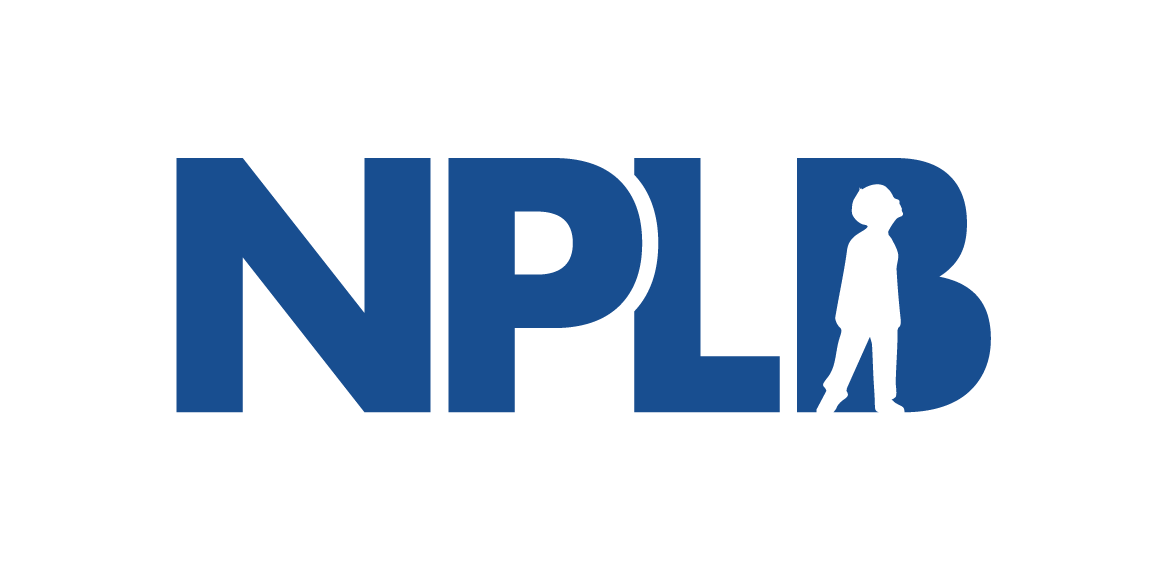
Our Quest to Cure Ovarian Cancer
We all play a role in progress.
About 20,000 American women are diagnosed with ovarian cancer each year. Meet some of the biotech innovators working to develop new medicines to better treat—and even cure—this disease.
This video features:
About 20,000 American women are diagnosed with ovarian cancer each year. In most cases, the cancer is diagnosed at later stages when it's harder to treat. Ovarian cancer can drastically impact a patient's life. And despite current treatments, this cancer eventually kills most of the women it afflicts—nearly 13,000 each year.
But there is hope.
Many small biotech companies, including mine, are working on remarkable new technologies that we hope will someday allow us to better treat or even cure ovarian cancer. And there's a good chance you're helping us. Here's how.
If you are saving for retirement, as millions of working Americans are, there's a good chance some of your savings is invested in biotechnology and maybe even indirectly in my company. So I want to thank you sincerely.
I know my investors are investing for their financial security, and they of course hope my product will be profitable. I hope so too. But profitable doesn't mean unaffordable thanks to insurance.
Insurance is possible because you and most Americans pay premiums. Our premiums make it possible for novel medicines to be both profitable and affordable. Only 8% of what we pay each month in insurance premiums goes towards novel branded medicines, creating the incentives for investment in work like ours.
So thank you and thanks to everyone who makes that possible. But insurance in America doesn't always do what it promises. Some patients can't afford their medicines because of unaffordable high out-of-pocket costs. Congress is talking about capping those costs, which is the right idea.
We certainly aren't inventing new medicines for anyone to be denied access to them. Unfortunately, some people, including some members of Congress, think that the way to help patients afford treatment is by letting the government control the prices of novel medicines.
The problem is that price controls drive investors away. That's the case, not only in biotechnology, but in any industry. If the reward for successfully developing a medicine is a government price control, I know my investors will invest elsewhere. I can't blame them. They're looking out for their hard earned savings.
And price controls on novel medicines won't save America money because what's special about medicines is that they go generic. Novel medicines are branded until their patents expire. After that, they drop in price and cost America very little.
If we stop investing in the pursuit of treatments and cures for ovarian cancer, more lives will be lost. And the burden on our healthcare system will grow as more patients require hospital-based care that offers limited hope. Hospitals never go generic.
If we stop investing, millions of Americans will go on suffering, missing work, relying on caregivers, and losing precious time with loved ones. And our insurance premiums, which largely go to pay for hospitals and seeing doctors will continue to climb.
So let's hope that Congress does not resort to price controls that turn investors away from research like ours, but instead, caps out of pocket costs for patients. Insurance reform is the solution that will allow all of us by investing, paying premiums, and doing science to create new affordable medicines together.
So again, thank you. Thank you for your support, for helping to make breakthroughs by companies like ours possible. Thank you for helping us strive to bring new treatments to people who desperately need them. Thank you for being part of this massive team effort to build a healthier, happier, more productive future.
And every time you check your retirement account or see that insurance deduction on your paycheck, we hope you don't just see numbers, but the promise of scientific progress. We hope you'll see the brighter, healthier future that you are helping to build.
So again, thank you.

